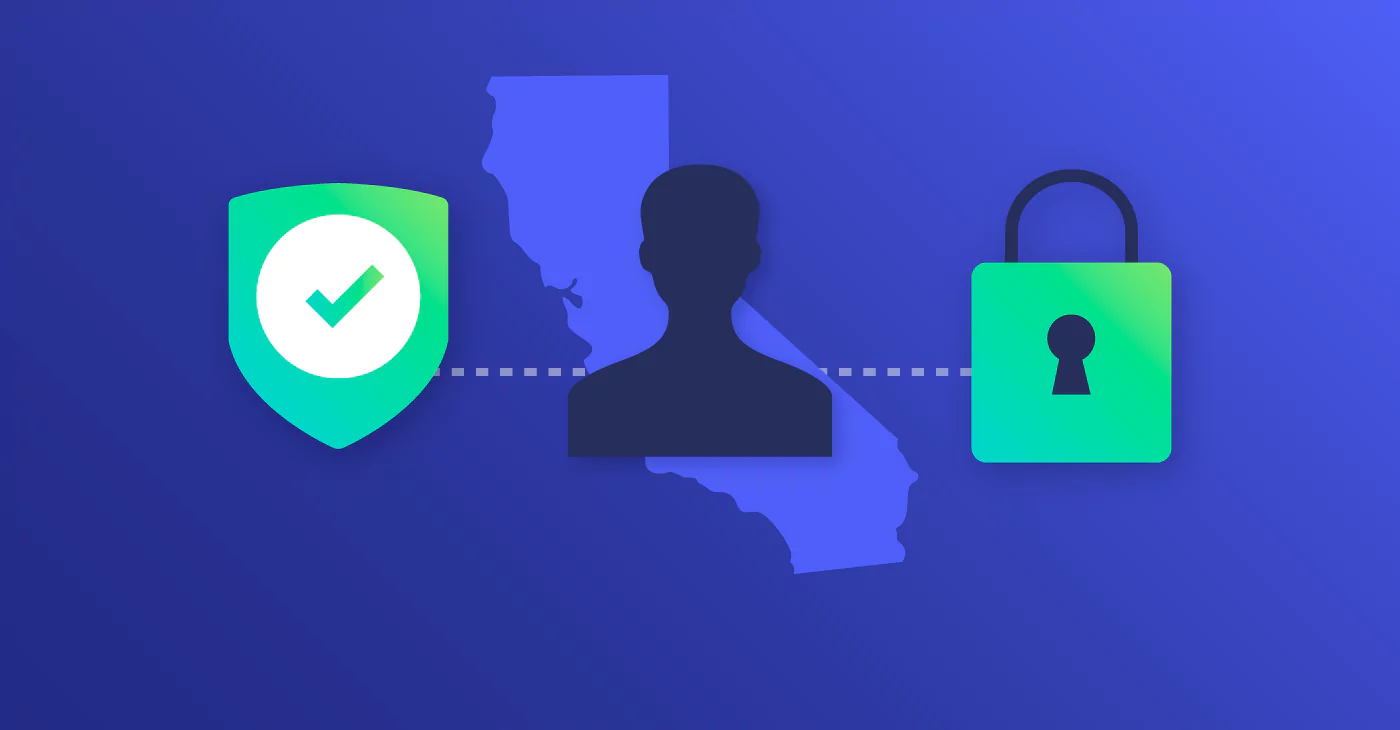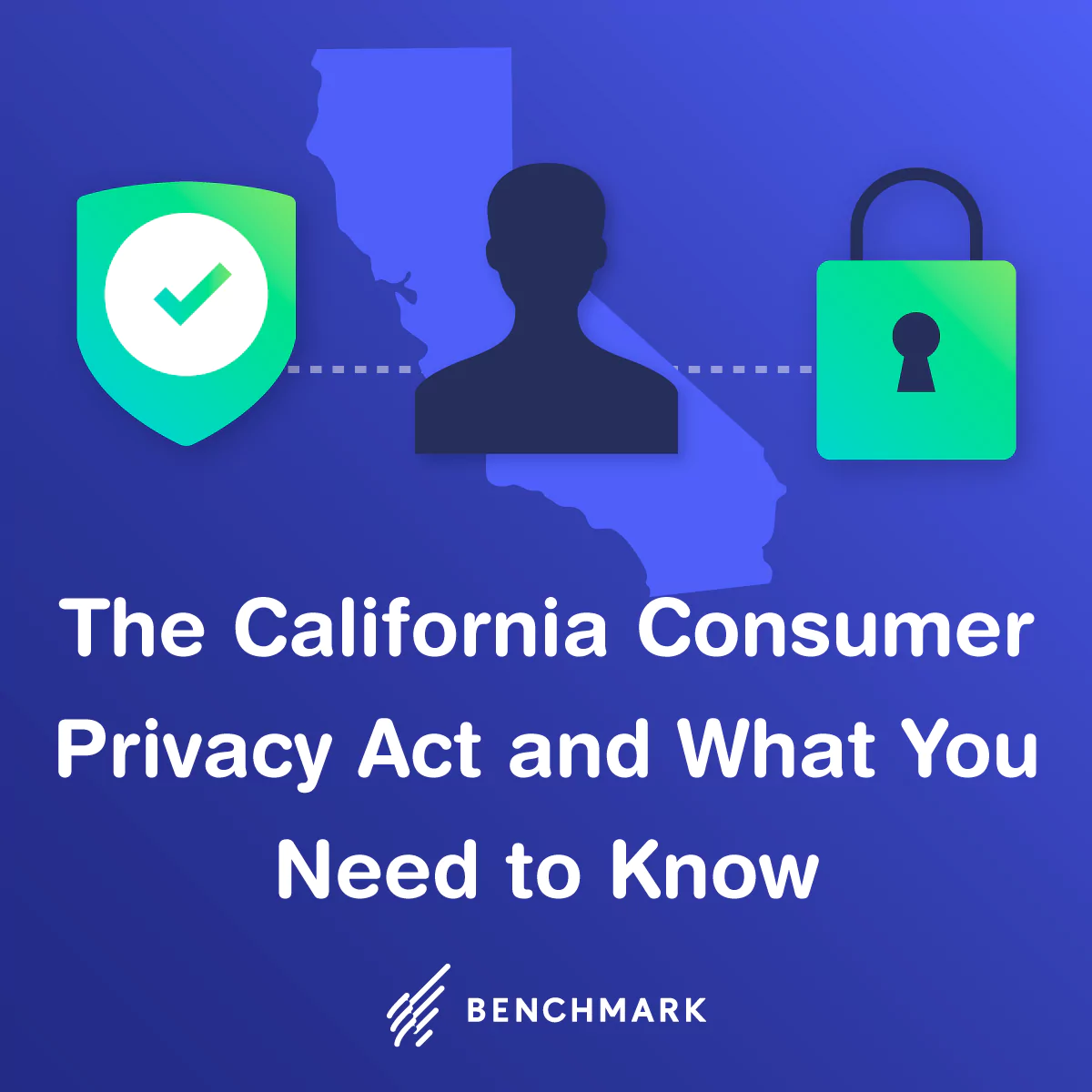The California Consumer Privacy Act and What You Need to Know
December 23, 2019 3 min read

Maintaining compliance is a daily necessity for marketers. With the amount of information that is now accessible, it’s crucial that consumers feel protected and in the know. With the GDPR somewhat recently released, we’ve all become accustomed to making sure our consumers are fully aware of what we do with their information, should they choose to offer it up to us.
Transparency is the key to trust, and now that California released a new policy, it’s time we get up to speed on what it means, how it will affect our marketing, and what we need to disclose to our consumers to maintain transparency with them.
Here are a few basics of the CCPA to help you better understand how this Act affects the way you market to your customers.

What is the CCPA, and When Will it Go Into Effect?
The California Consumer Privacy Act (CCPA) is a new data privacy law that applies to businesses that collect personal information from California residents. This law reinforces the privacy of California residents and maintains full transparency over what their information will be used for when collected. The act goes into effect on Jan. 1, 2020.
What Do You Mean By “Information”?
Information can be anything from your consumers’ names and email addresses to their IP address and financial information. Basically, it’s anything that can be traced back to or related to a consumer.
What Does the CCPA Mean for Consumers?
The CCPA protects California consumers (anyone living in California or anyone that is a resident but traveling out of the state). It gives them the right to be informed on which of their personal information is being collected and what will be done with their information once it is collected. This includes where it was sourced from and whether or not it will be sold.
This Act also gives them the ability to opt-out of the sale of their information, gain access to their information, and request the deletion of their information at any time.
How Does the CCPA Effect Businesses?
Businesses must comply with the CCPA by not selling consumers information should they make that request. Selling includes making it available in any way in exchange for monetary or other benefits.
If a business sells any information at all, it must provide a link that states “Do Not Sell My Personal Information” or “Do Not Sell My Info” on your company’s website’s homepage, as well as within your privacy notice. If a consumer opts-out, it must be honored and communicated to the third party that you sell their information to.
Businesses must notify their consumers of their full rights under this Act. This can be done in many ways, including disclosure on their privacy policy, a dedicated email notice, or when the data is being collected.
Also, businesses must have a process in place to respond to opt-out requests and make at least two methods for submitting these requests available. These methods include, at minimum, a toll-free telephone number and a website address if the business has one. Businesses must respond to these requests within the time limits outlined by the CCPA.
Is Benchmark Email Compliant?
Yes. Every email you create with Benchmark will be compliant with this Act. We’ll also offer support for CCPA related requests from your contacts. Learn more in our Privacy Policy.
For more information, and to gain a full understanding of the entire requirements under this new Act, please visit the CCPA website.



